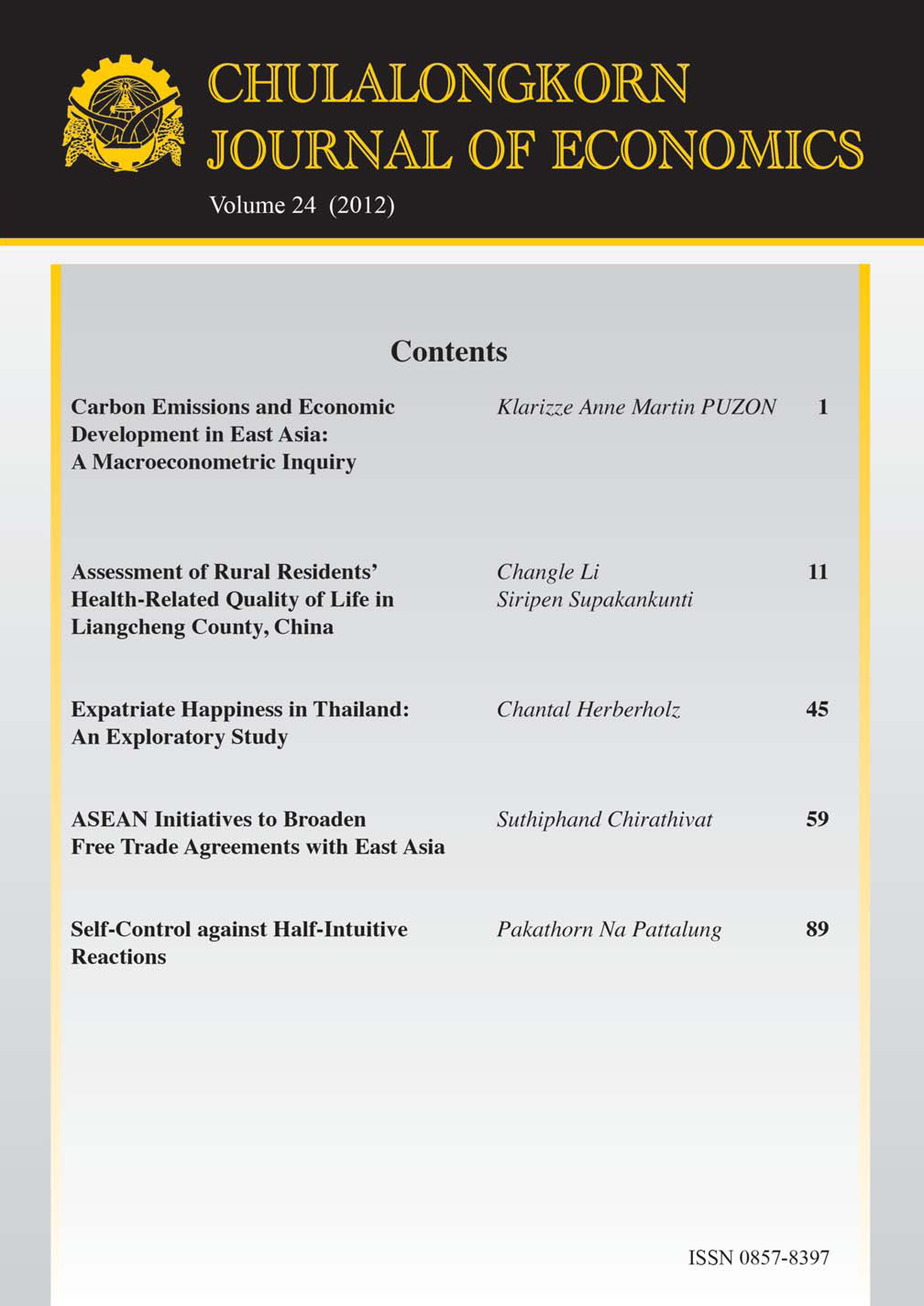Wealth and Happiness: Empirical Evidence from Indonesia
Keywords:
Happiness, WealthAbstract
Looking at the economics of happiness is an interesting way to provide a broader concept of wealth. It gives insight on relative utility that does not depend exclusively on income as mediated by individual choices or preferences within monetary budget constraints but also considers non monetary factors. Recent economic studies on happiness or subjective well being, most in developing countries, give us some insight on what contributes to individual’s satisfaction with their lives. Some studies in developed countries also found that within countries, a higher level income contributes to higher levels of reported well being. Unfortunately, economic studies on happiness in developing countries, including Indonesia, are limited because of data limitations. Therefore, this paper analyzes the determinants of subjective well being in Indonesia to assess whether there is positive association between individual wealth and happiness. Using the Indonesia Family Life Survey Data Set, logistic regression analysis is used to identify sources of happiness from both economic and non- economic variables.
Downloads
Published
How to Cite
Issue
Section
License
The submission of a manuscript implies that the paper is an original work and has not been published elsewhere. The author(s) authorize the journal to reproduce or distribute the paper in printed or other electronic forms.







